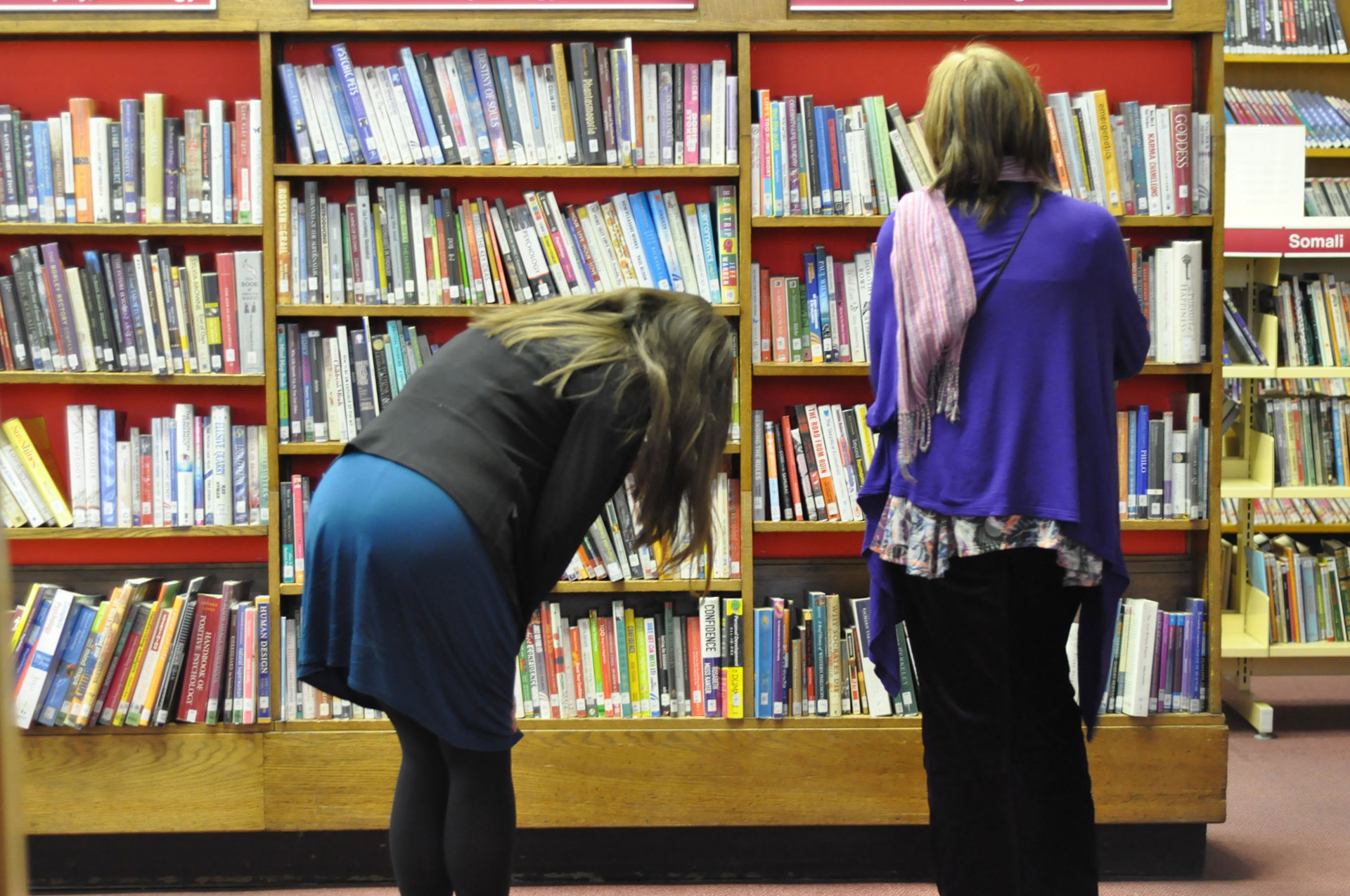Over the past two decades the Organisation for Economic Co-operation and Development (OECD) has conducted a Survey of Adult Skills, assessing literacy and numeracy levels among more than 30 of its member countries. And for the UK, its latest report, released Tuesday (10 December), makes for extremely uncomfortable reading. It paints a stark picture of adult literacy, and once again underscores the urgent need for government action.
Despite estimable efforts by countless organisations and volunteers, literacy skills in the country have remained painfully stagnant since the last OECD cycle completed in 2018. Indeed, while England’s performance compared to OECD countries has improved, the survey reveals that there are still 8.5 million adults with low literacy and/or numeracy skills. At around 18%, the proportion of adults with low literacy skills is little changed for more than a decade.
- What’s behind low levels of literacy among people experiencing homelessness?
- Half of UK adults don’t read for pleasure
The severity of the situation is especially troubling at a time when the country is grappling with persistently low productivity rates. With poor literacy levels estimated to cost the UK economy close to £40bn per year, for the new government to fulfil its promise to boost economic activity it will need to start by taking a much more proactive approach to adult education.
In today’s fast-evolving world, a well-educated, skilled workforce is vital for economic and social progress. If we are to achieve this, however, it’s essential that all adults possess the basic literacy, numeracy, and digital skills required to participate fully in the workforce and community life. But the reality in the UK is truly sobering. Indeed, it’s estimated that around 8.5 million adults in the UK struggle with basic literacy, lacking the fundamental reading skills – beyond a primary school level, or below – that most of us take for granted. Additionally, millions of adults lack the digital skills necessary to navigate an increasingly online world. All of which means that up to a quarter of the workforce is ill-equipped for the demands of a modern economy, leaving them excluded from basic services, job opportunities and full social participation.
The lack of foundational skills limits workforce productivity and hinders economic growth. But this isn’t just an economic problem – it’s a societal challenge with very real consequences for individuals. Tasks such as accessing public services, managing finances, or just staying informed have shifted online, and those without the requisite skills are at risk of becoming sidelined. Adults with low literacy are twice as likely to be unemployed as those with fundamental reading skills, and can earn as much as 60% less than workers with basic literacy. Moreover, these adults are far less likely to access the health, housing and other social services to which they are entitled, and report significantly poorer health outcomes.
The solutions to this issue are not new, but they require immediate investment and commitment. Over the past decade, changes in government policies and significant cuts to funding have reversed progress. Participation in adult literacy provision has declined by 63%, and awareness of available programmes is alarmingly low, especially among those who would benefit most.









